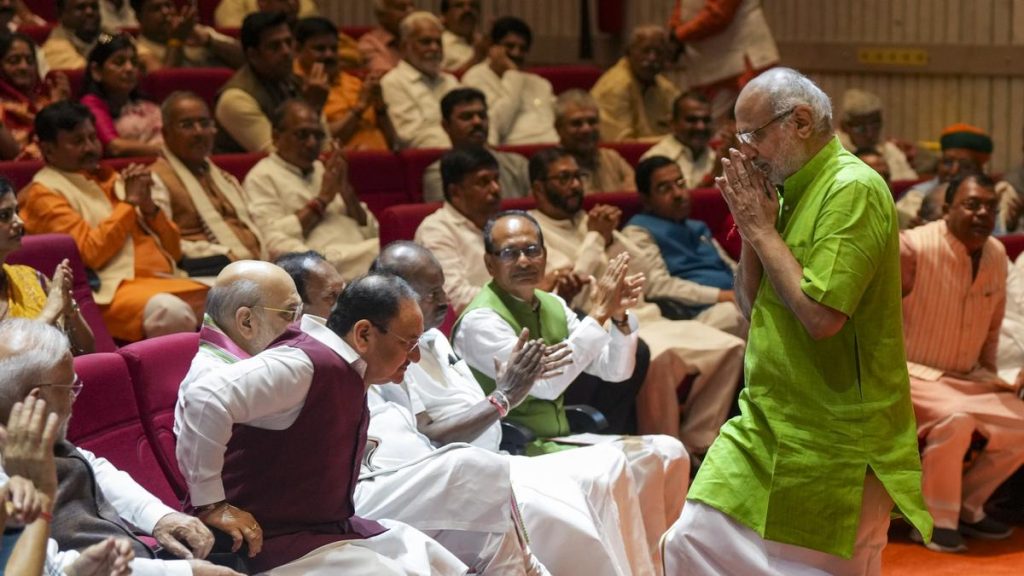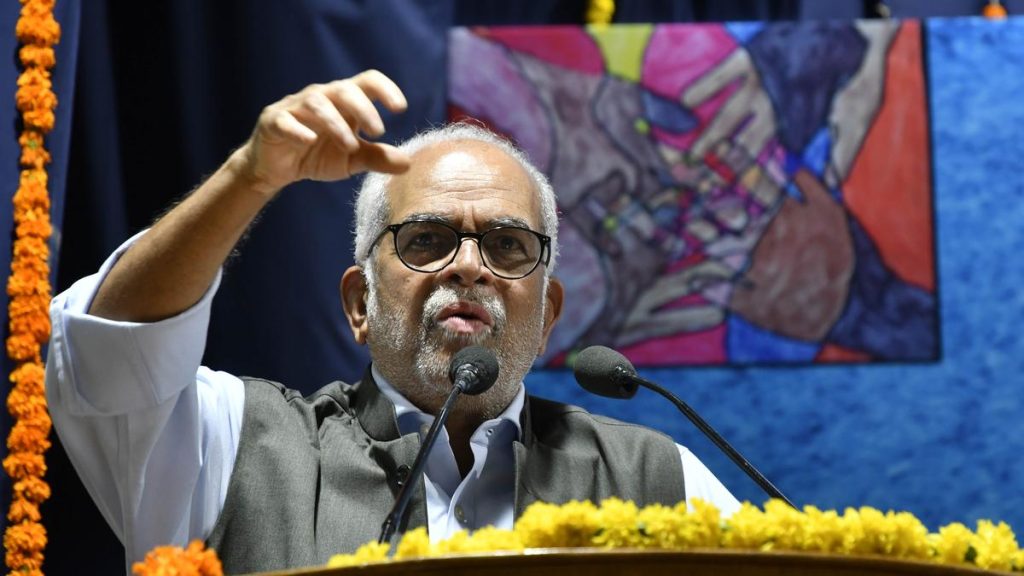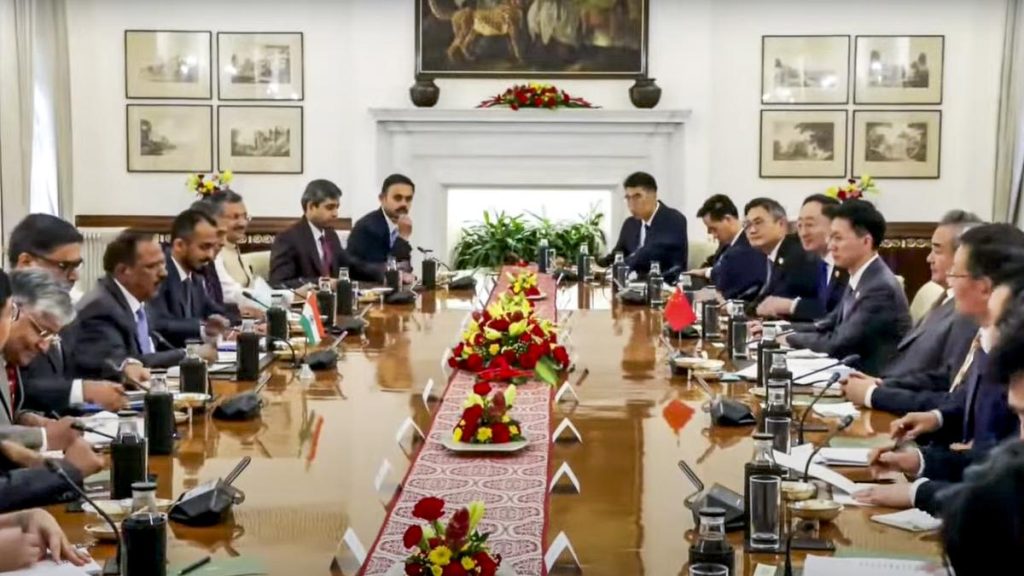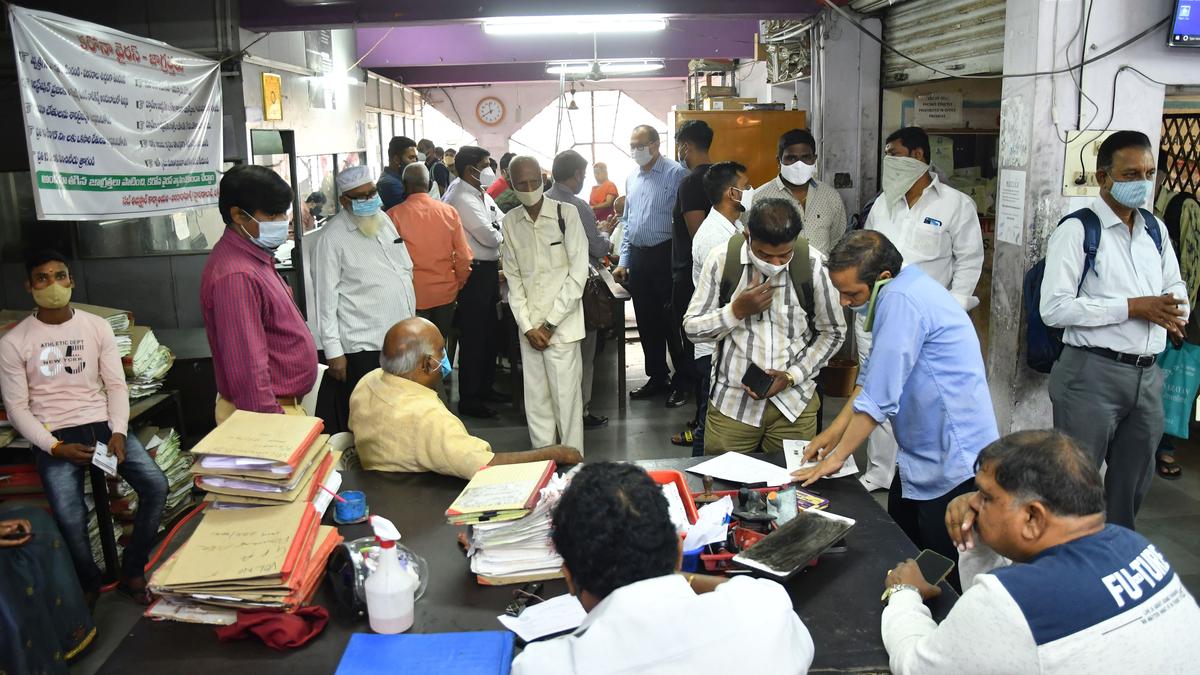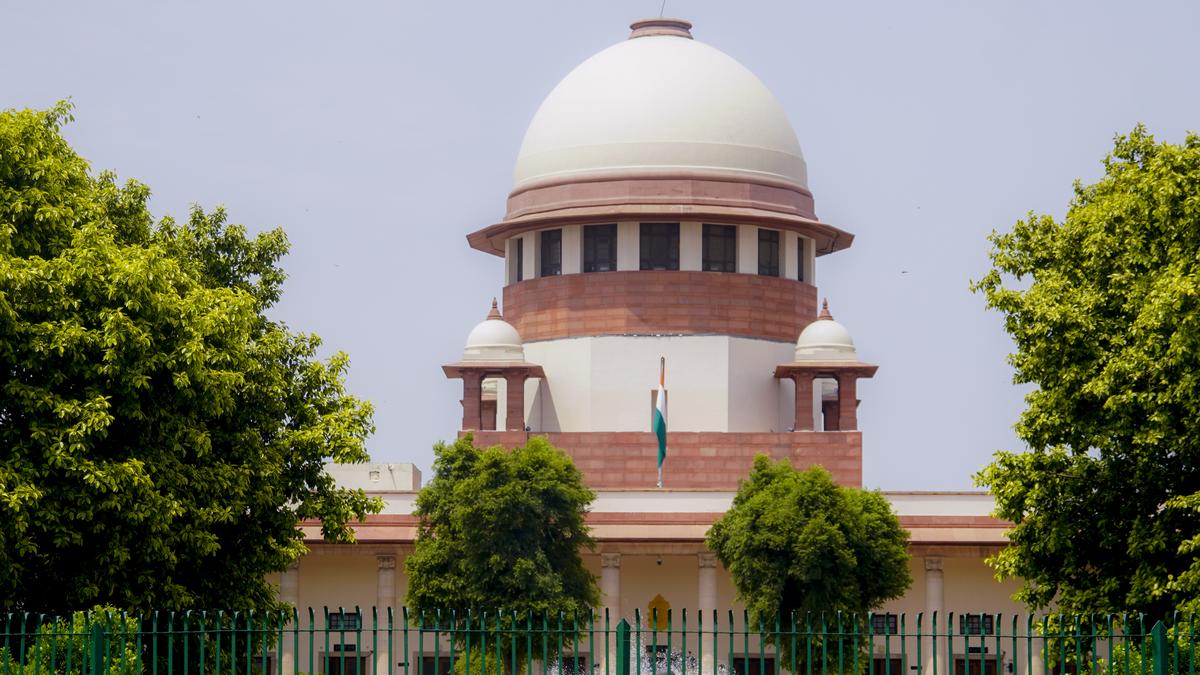Now Reading: YSRCP Student Wing Protests Ban on School Entry
-
01
YSRCP Student Wing Protests Ban on School Entry
YSRCP Student Wing Protests Ban on School Entry
Quick Summary
- Protest Details: The YSR Congress Party (YSRCP) student wing staged a protest on Monday near the Ambedkar statue at the Zilla Parishad office in Anantapur, opposing the State government’s decision to restrict unauthorised individuals from entering school premises.
- Demands: Protesters demanded a rollback of an Education Department directive that requires prior permission from school heads for entry into school premises by unauthorised persons or groups.
- Statements by Leaders:
– District president Chandrasekhar Yadav criticized the decision, suggesting it was aimed at hiding failures in governance related to education. He questioned why student union leaders are restricted if schools claim good governance.
– Chandrasekhar Yadav compared this policy to prisoners being allowed visits, emphasizing children should also be able to interact with outsiders during school hours.
– State general secretary Vijay alleged educational deterioration under one year of NDA rule in Andhra Pradesh.Photo: Protest led by Chandrasekhar Yadav near ambedkar statue; Image credit: R.V.S. Prasad
Indian Opinion analysis
The protests highlight growing dissatisfaction among youth stakeholders about the perceived state of education governance in Andhra Pradesh. The government’s policy barring ‘unauthorised individuals’ from accessing schools may reflect efforts to tighten administrative oversight but has also sparked criticism questioning clarity and inclusivity. Critics like Chandrasekhar Yadav argue that such restrictions could prevent external accountability mechanisms or healthy interaction between students and other societal groups.
Balancing security protocol with openness appears critical for public perception. Allegations of broader decline in education under NDA rule deepen scrutiny, yet such views require detailed statistical validation beyond anecdotal claims presented during protests. Dialog between policymakers and concerned stakeholders might serve as an avenue for consensus-building.
For more details visit The Hindu.


